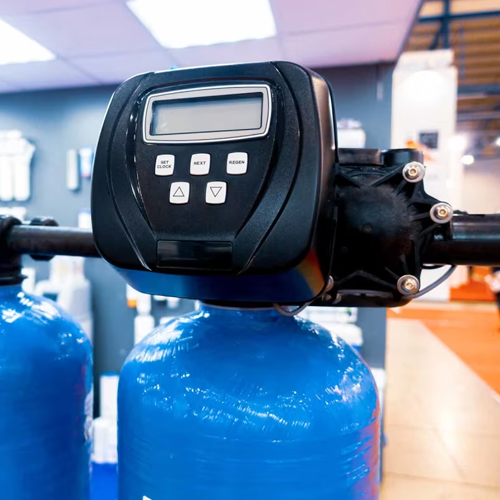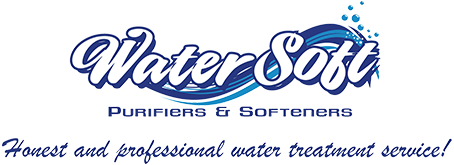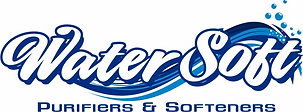 Water softeners are a great solution for fighting hard water issues, but they are also associated with a certain level of misconception. In Newmarket and beyond, home water softeners are great, infinitely helpful technologies, yet myths about them often keep people from experiencing their benefits. So, in this blog, we will examine some of the most widespread myths and misconceptions regarding water softeners and set the record straight.
Water softeners are a great solution for fighting hard water issues, but they are also associated with a certain level of misconception. In Newmarket and beyond, home water softeners are great, infinitely helpful technologies, yet myths about them often keep people from experiencing their benefits. So, in this blog, we will examine some of the most widespread myths and misconceptions regarding water softeners and set the record straight.
Myth 1: Softened Water Is Unsafe to Drink
The Truth: In most instances, softened water is safe to drink. However, water softeners swap out calcium and magnesium for sodium, but the quantity of sodium added is minimal. In moderate water-hardness areas, for instance, the sodium content of softened water is far less than sodium in a slice of bread. But suppose you’re on a low-sodium diet or have other health issues. In that case, you can use a reverse osmosis system to purify your drinking water in combination with your water softener.
Myth 2: Water Softeners Are Too Expensive
The Truth: The initial cost of putting in a water softener can be seemingly high, but the long-term savings make it a worthwhile investment. Hard water can form limescale buildup in pipes, appliances, and water heaters when heating hot water, leading to expensive repairs and replacements. The other benefit is that soft water uses less soap and detergent, which saves you money on household supplies as well.
Myth 3: Water Softeners Eliminate All Minerals
The Truth: Water softeners do not remove limescale minerals like calcium and magnesium. They don’t strip out helpful minerals like iron or zinc unless manufactured for that purpose. If mineral content is an issue, additional systems can be added to suit specific needs.
Myth 4: Softened Water Feels Slimy
The Truth: That “slimy” feeling some people report with softened water indicates effective cleaning. Soap scum on your skin: Hard water leaves soap scum on your skin when you wash with soap that does not contain chelating agents, making your skin feel “squeaky” clean. Hard water prevents soap from rinsing off properly, leaving the skin’s natural oils behind. Initially, it can feel strange, though, and it’s better for your skin.
Myth 5:Water Softeners Waste a Lot of Water
The Truth: Today’s water softeners work like a charm. Previous colons may have been less eco-conscious, but modern systems rely on advanced technology to regenerate only when needed, thus curbing water use. You’ll want to choose the right size and type for your household to get the most out of your softener.
Myth 6: Softened Water Damages Plants
The Truth: So-called softened water does contain sodium, but it’s doubtful it will hurt most plants if used infrequently. But it’s best to use unsoftened water from an outdoor tap or a bypass system for frequent watering. This way, your plants get the minerals they need without the excess sodium.
Myth 7: All Water Softeners Are the Same
The Truth: Several types and sizes of water softeners are available based on water hardness levels and family needs. Options range from salt-based systems to salt-free ones. A qualified professional should be able to guide you through the best system for your Newmarket home.
Conclusion
Do not allow myths to prevent you from enjoying the benefits of a water softener. Softened water provides endless benefits, from protecting your appliances to enhancing your skin and hair. So, if you are in Newmarket and are thinking about a water softener, contact a reputable professional to discuss and install one for you.
Got questions about water softeners? So, find out more by just contacting the experts directly at WaterSoft.

